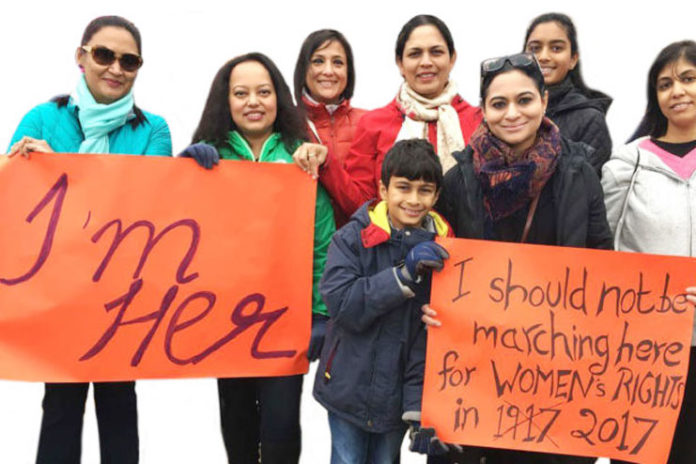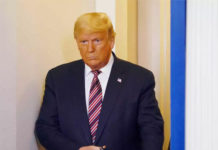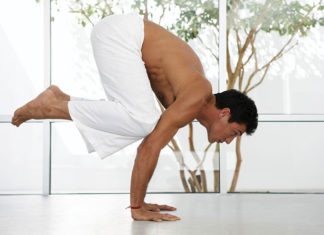Many South Asians had joined the millions of people of diverse races, ethnicities, backgrounds and ages, as they took to the streets in solidarity with the Women’s March on Washington.
“I knew it was going to be big, but I had no idea that it could escalate into this big movement,” the 17-year-old high school senior said. “It was not just women who marched, but there were almost 40 percent men and young kids as well as senior citizens,” Simran Prajapati from South Brunswick, New Jersey said.
Smitha Haneef Princeton’s top chef
Signs throughout the crowd had the messages like “We the people are greater than fear” and “Women’s rights are human rights”.
Bob Bland, a New York-based fashion designer who had grown a following after designing “Nasty Woman” and “Bad Hombre” T-shirts, proposed a “Million Pussy March.”“I think we should build a coalition of ALL marginalized allies do this,” Bland wrote on the Facebook. “We will need folks from every state, city to organize their communities locally, who wants to join me?!?”
Parul Patel of Chatham, New Jersey, had never participated in a march “where a statement was being made”, but she and several friends felt it was imperative to join the New York City march.
“We’re seeing hate crimes on the rise, we’re seeing a lot of antagonism toward minorities, and I think it’s probably the result of the tone Donald Trump has set for this country,” Sonali Saluja, a 34-year-old medical doctor from California who marched in Oakland, said.
Arun Pasrija new TiE Houston President
“This time is similar to when my parents met when they were students at the University of California … in the 1960s,” Indian-American Senator Kamala Harris said.
“Grateful to have these two who are equally committed to the fight for gender equity,” she wrote on Facebook. “We proved that we will not be silenced and the women’s movement is alive and well. We will continue to rise up,” Reshma Saujani, founder and CEO of Girls Who Code, a national non-profit organization said.
By Premji













































